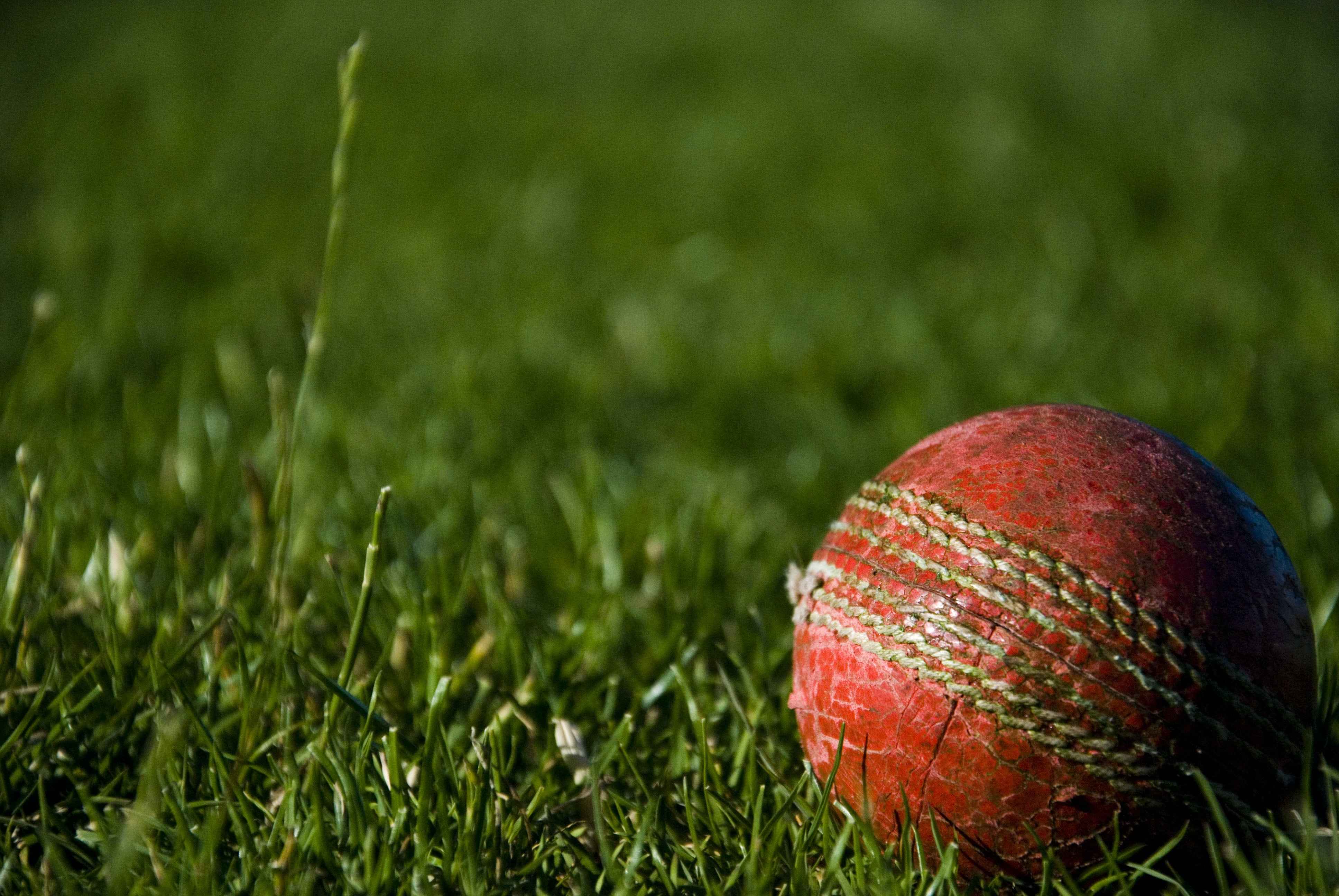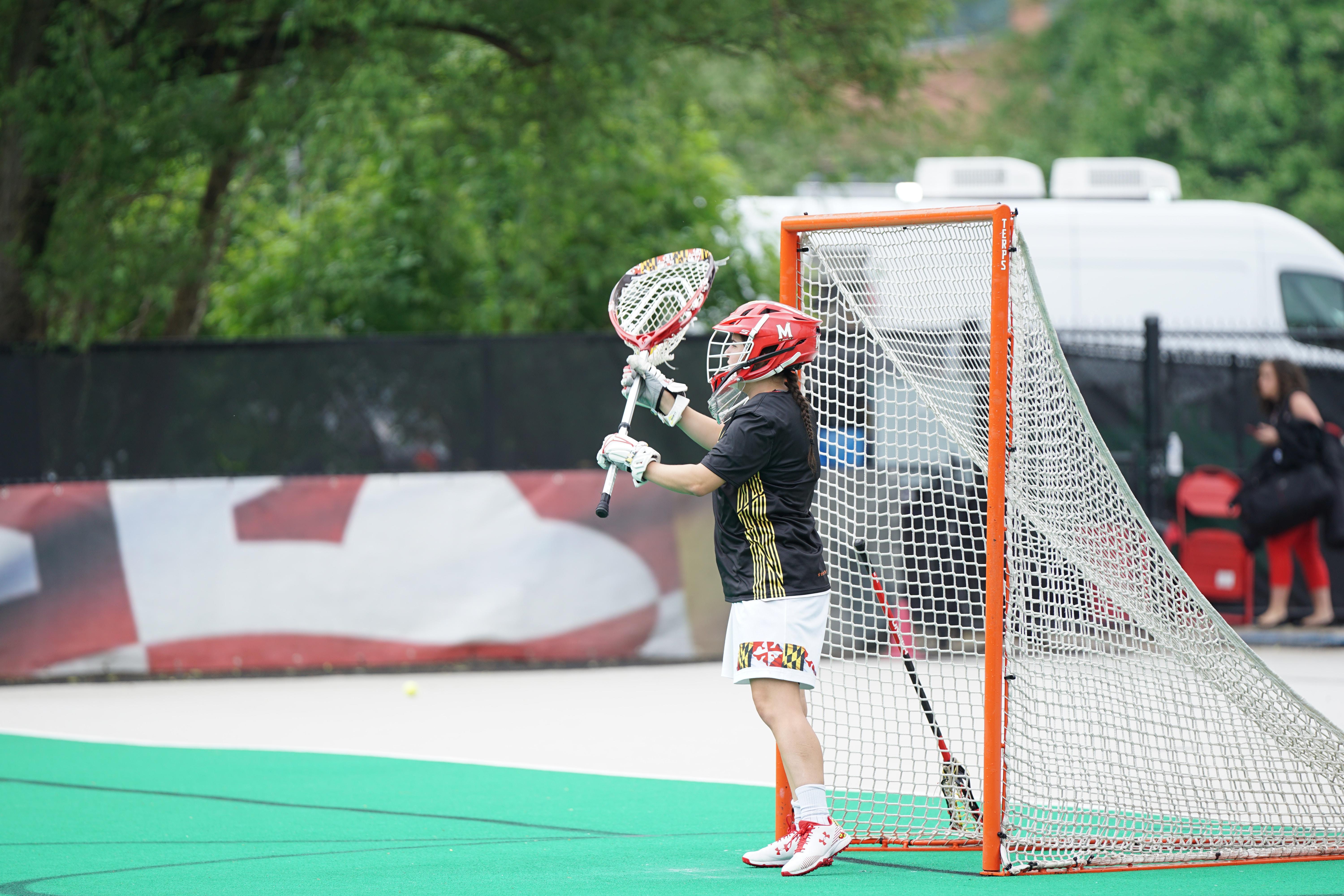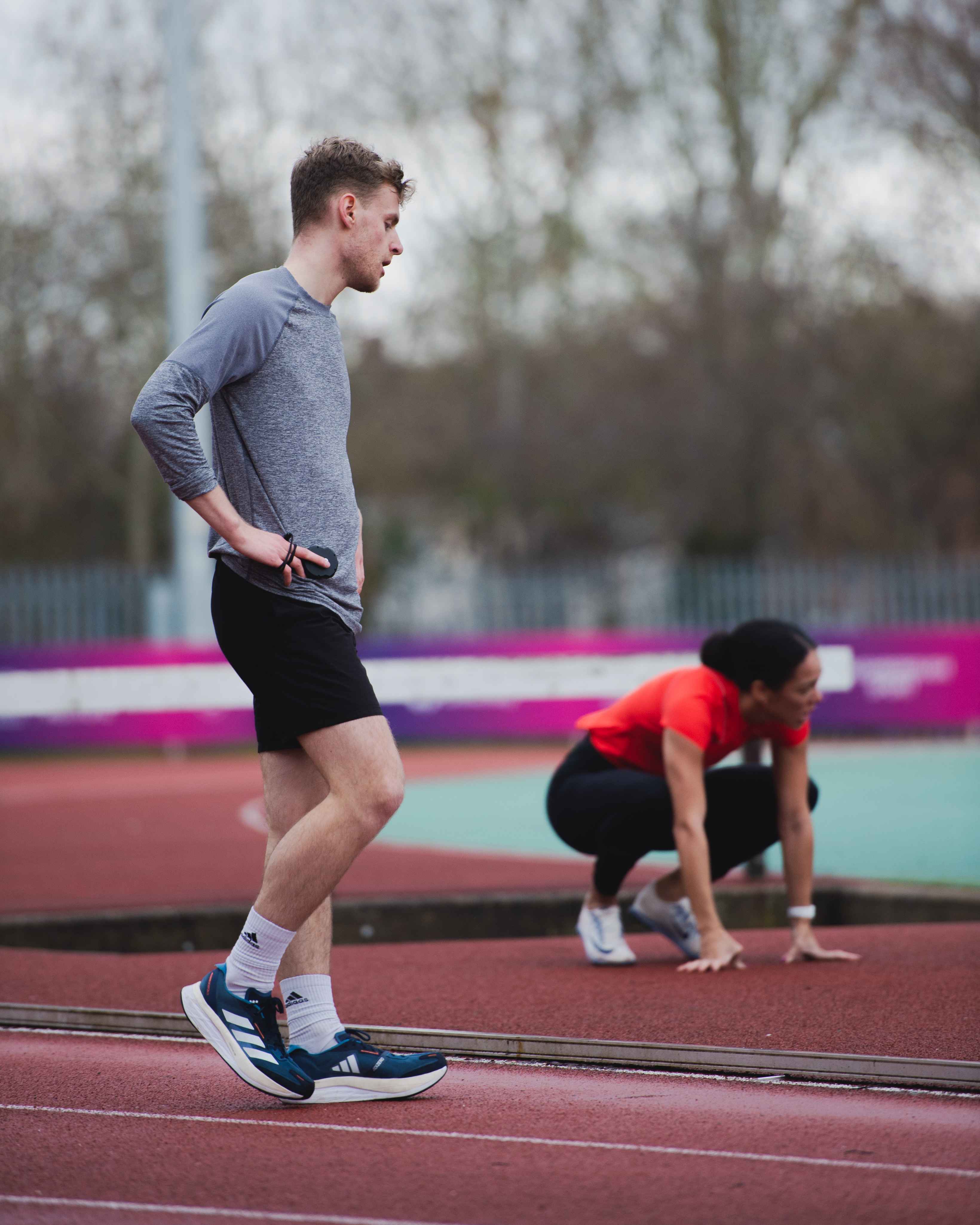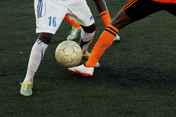Overcoming Abuse: For Athlete and Parent

Following a safeguarding issue, athletes will cope in different ways, and a lot will depend on the type of abuse they were subjected to. There’s no escaping it, this will almost certainly impact the athlete, in some shape or form, for some time to come. Parents will need to monitor their athlete’s wellbeing and be vigilant for warning signs that they are struggling to cope with the aftermath.
One of the most common impacts relates to trust. Their own ability to trust will have been shattered if their abuser was an adult whom they had previously looked up to and respected or was in a position of responsibility. If not addressed successfully, this can go on to affect friendships, relationships, and their ability to trust people, in general, going forward.
It is absolutely essential they feel they can reach out to a trusted adult who can provide support and guidance to help them navigate the situation. Surrounding themselves with a support network of people who have their best interests at heart will be immensely helpful.

Many will benefit from professional help in the form of counselling, and parents are advised to always view this option as part of their athlete’s recovery. In an ideal world, athletes should always be offered professional help. It is highly likely they will have found it too challenging to divulge the full details of their abuse to their parents, meaning parents might not be fully aware of the true extent of the harm done. Speaking out more freely about their abuse may be easier, or only possible, with someone they view as totally independent, like a counsellor.
Practising self-care will be important as safeguarding issues can significantly impact well-being. They should be encouraged to care for themselves physically, mentally, and emotionally.
Remind them that they are not alone and that there are people and resources available to support them.
Safeguarding issues that involve a coach can often impact an entire training group/team. In these scenarios, training partners can be a significant support for each other. Knowing they will all deal with similar feelings and emotions provides a common bond with each athlete, knowing the others understand their challenges.
What to Expect
After a safeguarding or welfare issue, athletes can experience a range of emotions. Some may feel angry, while others may isolate themselves. Trust issues are also likely to arise. It is widely acknowledged that channelling anger into their sport can be an effective emotional outlet for athletes. Not only can it help with their healing process, but if they achieve wins or personal bests, it can become a powerful motivator.
It's important to understand that this can be an extremely challenging time for them, so make sure they know that you are there to support them. Encourage them to talk about their feelings, but be aware that some may not want to. If your attempts to discuss the matter cause additional anxiety, distress, or even anger, it may be more helpful for them to speak with a professional therapist.
When a safeguarding or welfare issue involves a coach, it can have a profound and far-reaching impact on the entire training group, affecting each member differently and to varying degrees. In these instances, training partners can be an invaluable source of support and camaraderie.
As parents, you, too, have every right to feel angry, upset, and betrayed.

Take Home Points
- Athletes deal with the effects of safeguarding issues in different ways.
-
It's crucial for you to demonstrate you believe their account and are there for them.
-
They may not feel comfortable divulging details and exposing feelings and emotions in front of you. This is common. In these situations, seeking professional help will always be a good option.
- For some, channelling emotions and frustrations into their sport can be an extremely powerful coping strategy, especially if their prominent emotion is anger.
Note: We have used the word ‘coach’ as a relatable example to represent anyone who performs/attempts abusive behaviours within a sporting context.
Both you and your athlete must understand that most coaches and support staff are genuine, lovely people who often give their time and expertise free of charge… and only want the very best for your young athlete.
If you've found this information helpful, we've created The Athlete Place, our athlete-specific platform that will inform, motivate and inspire your athlete...









0 comments
Leave a comment
Please log in or register to post a comment